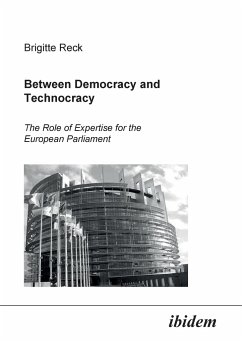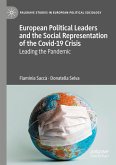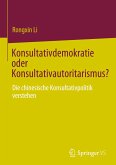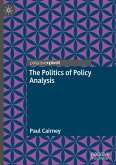The European Union is increasingly facing a dilemma between democracy and technocracy. On the one hand, the EU is today accused for lacking sufficient democratic legitimacy, and on the other, public policy-making is getting more and more complex and technical, making politicians reliant to a certain extent on the technical knowledge of specialised experts. The European Parliament, being the only directly legitimated body within the institutional set-up of the EU and thus the symbol of democracy, plays a key role in this respect.
In this book Brigitte Reck analyses the role of expertise for the European Parliament. It is assumed that, in order to fulfil the new challenges posed by its enhanced role in EU decision-making, the European Parliament depends to a high degree on internal and external help in the form of expert knowledge, policy advice and parliamentary assistance. It discovers, mainly on the basis of interviews with politicians and officials in Brussels, which sources of expertise the European Parliament can rely on and to what extent Parliament has adapted its internal capacities to the new challenges arising mainly from co-decision, but also from enhanced complexity. Finally it suggests how to improve the internal expertise capacities of the European Parliament which are necessary if the institution is to bridge the gap between democratic control and good quality outcomes.
In this book Brigitte Reck analyses the role of expertise for the European Parliament. It is assumed that, in order to fulfil the new challenges posed by its enhanced role in EU decision-making, the European Parliament depends to a high degree on internal and external help in the form of expert knowledge, policy advice and parliamentary assistance. It discovers, mainly on the basis of interviews with politicians and officials in Brussels, which sources of expertise the European Parliament can rely on and to what extent Parliament has adapted its internal capacities to the new challenges arising mainly from co-decision, but also from enhanced complexity. Finally it suggests how to improve the internal expertise capacities of the European Parliament which are necessary if the institution is to bridge the gap between democratic control and good quality outcomes.








